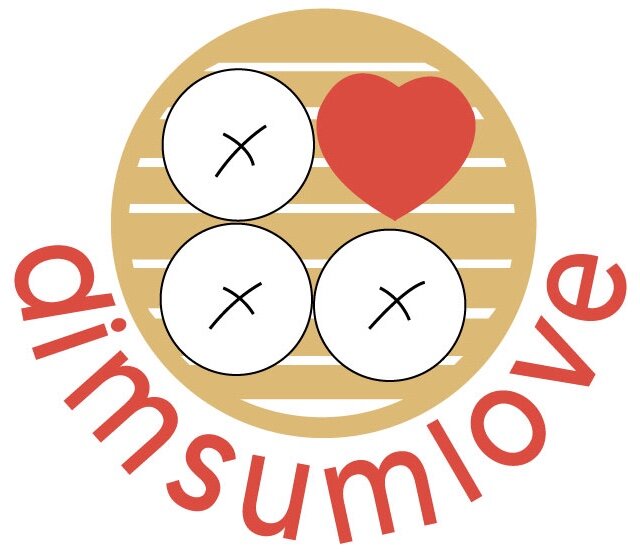It’s amazing how just a few things can define one’s outlook in life – who your parents were, where you went to school and where you lived.
I was born in New York City and first lived there until I was eight. Both my parents are Chinese, one speaks Shanghainese and the other spoke Cantonese. They both met in Hong Kong at a social event. Through my father’s amazing ability to speak seven dialects in Chinese, he won my critical Shanghainese mother over . Oh, there was some humor and good looks thrown in for good measure.
My father was an architect and had formed deep relationships at grad school which brought them back to the United States. Often the memories I have with my father were about visiting his friends on weekends. I’m sure it was to my mother’s chagrin, as she would rather stay local and to ourselves within our local environs. His friends were all architects, but were from different cultures. I remember he had a friend that was a holocaust survivor, and he showed me his tattooed number on his wrist. He had another friend that was married to an Italian wife. She wore all black while she served us homemade Italian pasta in their Bronx home. There also was a man simply named Ed, and that named his son John.
My mother also had us frequently meet with her circle – my Aunt Winnie and Uncle Eddie, my Uncle Jackson and his family, my Aunt Jeanette and her husband John, and all her other Shanghainese friends. The main difference between the two social circles was that my mother’s was exclusive to Chinese people, and even more clearly defined as Shanghainese-speaking only. My weekend experiences vacillated from being multi-cultural from one moment, and to being totally immersed in deep Chinese traditions.
UNIS PICTURE DAY
I went to the United Nations International School, which was an amazing experience for the brief years that I attended. It had a rich curriculum. There I remembered learning to play an instrument, speaking three languages – English, French and Mandarin, I competed in intramural gymnastics, with the other usual requirements of English, Mathematics and Science. My class pictures looked like a miniature UN meeting, since we were given the option to wear our national costume on picture day.
By day, I was growing up to be a model citizen in the western world. I had friends from many different cultures. We all watched the same TV shows and enjoyed eating McDonald’s, so much so that I was even handing out happy meals during my 8th birthday party.
By night, I was expected to be Chinese. I spoke only in Chinese to my parents, ate Chinese food, and had to adhere to all Chinese customs at home. That meant whatever the norms at school were shifted as abnormal at home. I was vivacious and curious at school, and it was encouraged. At home, I was obedient and was punished if I was not subdued. To my friends, I was chatty and highly engaging. My mother directed all conversations and my opinion was never solicited. I responded only when I was prompted. My school work was always descriptive and accompanied by a lot of drawings. My teachers seemed to appreciate my artistry and creativity. Yet all my work books were heavily edited at home by another standard.
Even though, I realize that this may not be a unique experience specific to the Asian American, as many immigrant parents behave similarly. There’s a consistency amongst most immigrants in making sure the cultural connection is in tact, and that the next generation is destined to do better than the last. However, I would like to think that the intonation of being an Asian American comes with similar memories of what we spoke about at the dinner table, what we ate, what we valued, and what we still integrate into our everyday lives.
My measure of a good Asian restaurant is when I can visibly see many other Asians dining at the same place. Queues of Asians are found in the most obscure places in the world when it comes to finding the best deals in shopping and the best places to eat. An Asian will never pay full price, no matter how prestigious the brand, and the war stories we have about meeting our parent’s expectations (quite a few postings will be devoted to that topic later) are endless.
Call it therapy, call it a new group page on Facebook to like, my intention for Dim Sum Love is a place to share, connect, celebrate and appreciate the Asian American experience through humor, wonder and authenticity. I would like to think that we’re all thinking these thoughts privately, and yet it would be a great relief to know that there are a great many others that are thinking the same thing. Minimally, it can be a place where we can seek the ever elusive acknowledgement that we are doing well by any expectation, even for our own.


